How did you get started with music?
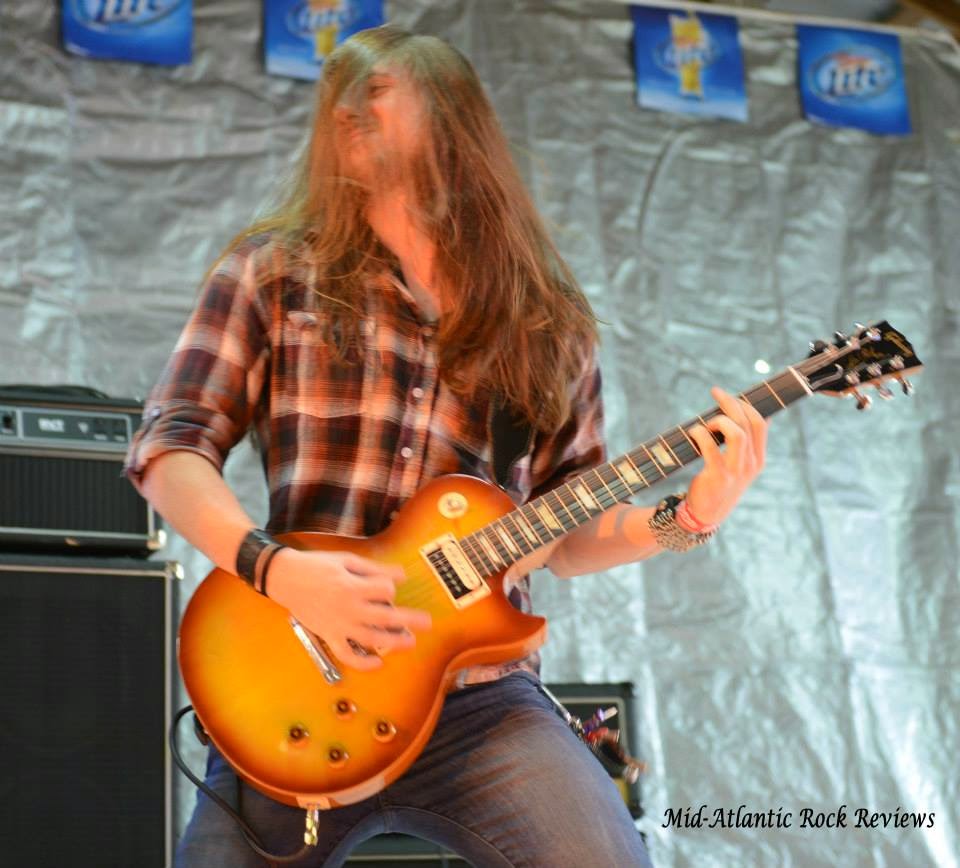 When I was about 10 years old, my dad bought this acoustic guitar for himself for $20 or so. I thought it was so cool that my dad knew how to play AC/DC and Kiss songs (correctly or not made no real difference to me at the time), so I asked him to show me everything he knew. I picked up the basic chords pretty quickly and started sneaking into his room while he was at work to play the guitar unsupervised. One day he came home earlier than usual and heard me in my room playing the guitar. He was too shocked at how quickly I surpassed his skill level to scold me, and he said I could keep the guitar. Around the same time, two of my cousins were getting into guitar and I HAD to get as good as they were, so I put in as many hours of practice as I could.
When I was about 10 years old, my dad bought this acoustic guitar for himself for $20 or so. I thought it was so cool that my dad knew how to play AC/DC and Kiss songs (correctly or not made no real difference to me at the time), so I asked him to show me everything he knew. I picked up the basic chords pretty quickly and started sneaking into his room while he was at work to play the guitar unsupervised. One day he came home earlier than usual and heard me in my room playing the guitar. He was too shocked at how quickly I surpassed his skill level to scold me, and he said I could keep the guitar. Around the same time, two of my cousins were getting into guitar and I HAD to get as good as they were, so I put in as many hours of practice as I could.
Fast-forward about two years, I was starting to get into electric guitar more and more, and for Christmas I got this multi-fx pedal, and I was quickly obsessed with tone and all the neat things you could alter about a guitar’s sound. This naturally evolved into a passion for the field of audio engineering, and I decided that’s what I wanted to study after high school.
I managed to hone my musicianship enough to get accepted to Berklee College of Music right out of high school, and I took on a Music Business major, a Music Production and Engineering major, and an Acoustics & Electronics minor. During summers I interned for various music-related companies, not the least of which was the world-famous Blackbird Studio in Nashville, TN. It was throughout these college years and internships that I learned a lot about myself, particularly that I knew I wanted to work in the music industry to some degree, but I wanted audio engineering to remain entirely fun for me; I wanted to keep it around as a serious hobby but not make it my full-time profession. Continue reading “Meet the Bakers: Joey A”


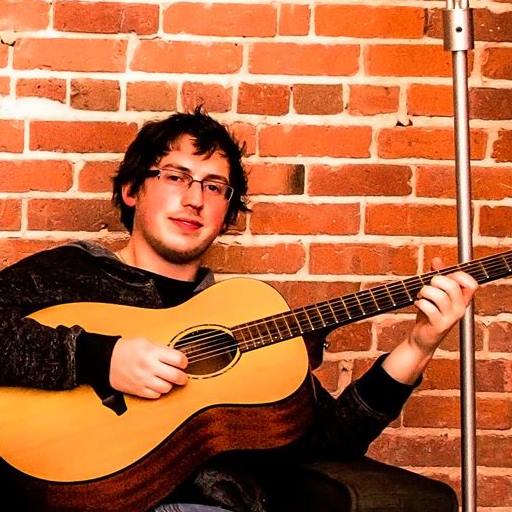
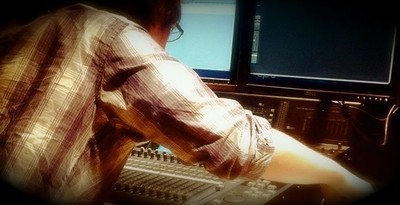

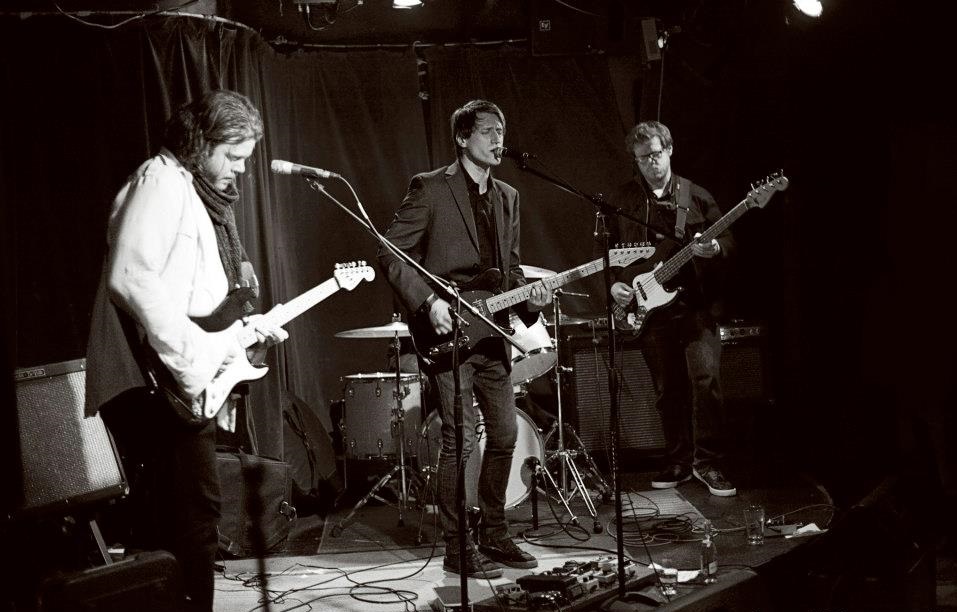
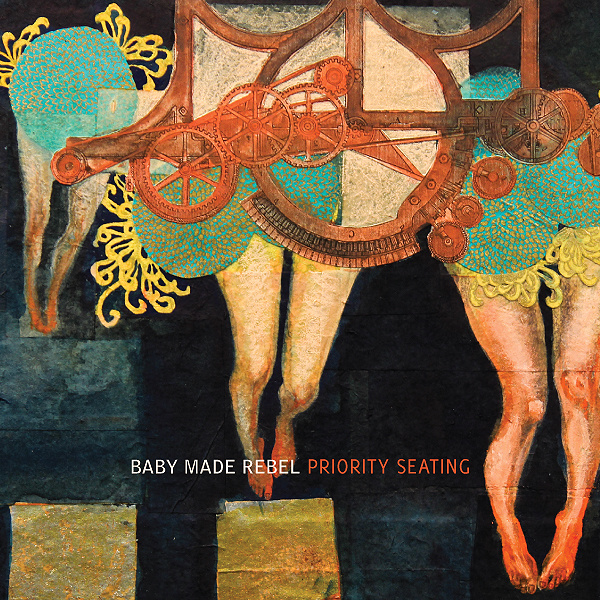

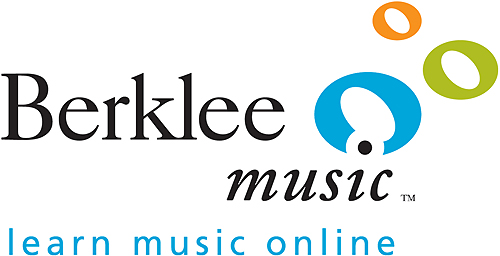
 Hello to all SONAR users!
Hello to all SONAR users!